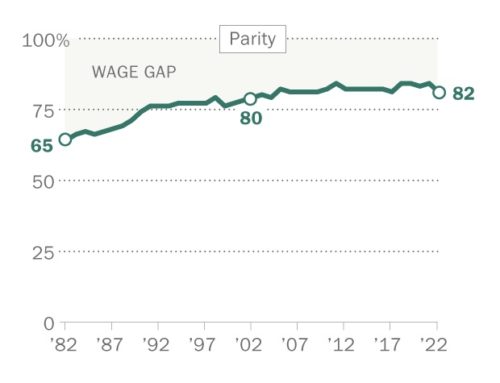“My goal is to get rid of the attribution ‘starving artists’ to Ringling College graduates.”
— Larry Thompson, Ringling College Art and Design president
In an editorial for USA Today entitled, “We need to fill ‘new-collar’ jobs that employers demand,” IBM chairwoman, president and CEO Ginni Rometty wrote that IBM plans to hire 25,000 employees over the next four years.
“Today, leaders in business and governments around the world are grappling with disruptive changes in technology, markets and society,” she wrote. “These changes are impacting significantly global economies and employment.”
Rometty wrote that this is not about white-collar versus blue-collar jobs but about the “new-collar” jobs that employers in many industries demand but which largely remain unfilled because few of the applicants are qualified.
Rometty explained that these new-collar jobs require skills that require new approaches to education and training. In response, IBM will invest $1 billion to upgrade their workers over the next four years.
“More than 50 leading universities are part of a new partner program that incorporates cognitive technologies in everything from core computer science coursework to robotics. In situations that do not require a four-year degree, vocational training in cloud computing and service delivery is most relevant,” Rometty wrote.
To meet its employment needs, IBM designed a new educational model that many other companies have embraced — six-year public high schools that combined a relevant traditional curriculum with necessary skills from community colleges, mentoring and real-world job experience. The first of these schools — called Pathways in Technology Early College High School, opened five years ago in Brooklyn. It has achieved graduation and job-placement rates that rival those of elite private schools.
Rometty said she hopes Congress and the Donald Trump administration will expand the program so it can reach hundreds of thousands of people.
Trump and Rometty already are familiar with one another.
On the campaign trail, Trump criticized IBM and other companies for moving jobs overseas.
After Trump’s election victory, Rometty wrote to the president-elect, championing her new educational model focusing on vocational training.
Trump subsequently appointed Rometty to his Strategic and Policy Forum, an advisory council focusing on boosting growth and jobs. Last Wednesday, she joined Facebook Inc.’s Sheryl Sandberg, Amazon.com Inc.’s Jeff Bezos and Alphabet Inc.’s Larry Page and Eric Schmidt, among other tech luminaries, at a meeting with Trump. At this meeting, Trump discussed his hopes of fostering innovation and negotiating more equitable trade deals.
To create these new-collar jobs, we will need new kinds of collaboration — involving all levels of government, our education community and private businesses. We must work to reform education and to advance policy and strategic approaches that will enable our workers to qualify for the job opportunities of today and tomorrow.
One major step would be to update the Perkins Career and Technical Education Act that governs federal support for vocational education. In addition, we should modernize federal college work-study programs, which dispense nearly $1 billion a year to help students work to earn their college tuition. Most of the jobs subsidized with federal money are low-wage jobs in college cafeterias and libraries. Instead, government money should foster meaningful internships at private companies that would train students in the skills they need for new-collar jobs.
An example close to home is an initiative developed by the Ringling College of Art and Design in partnership with the Patterson Foundation that is working to enable Ringling students to use their skills in a professional setting. Ringling President Larry Thompson has pledged that all of his students will have the opportunity to work on a real-world project with real-world clients.
This program, called “The Collaboratory,” will allow students to acquire the skills and experience needed to thrive in our fast-paced professional work environment and overcome business’ specific challenges.
I’m sure Rometty would applaud the program. I certainly do.
Originally published in the Sarasota Herald-Tribune



